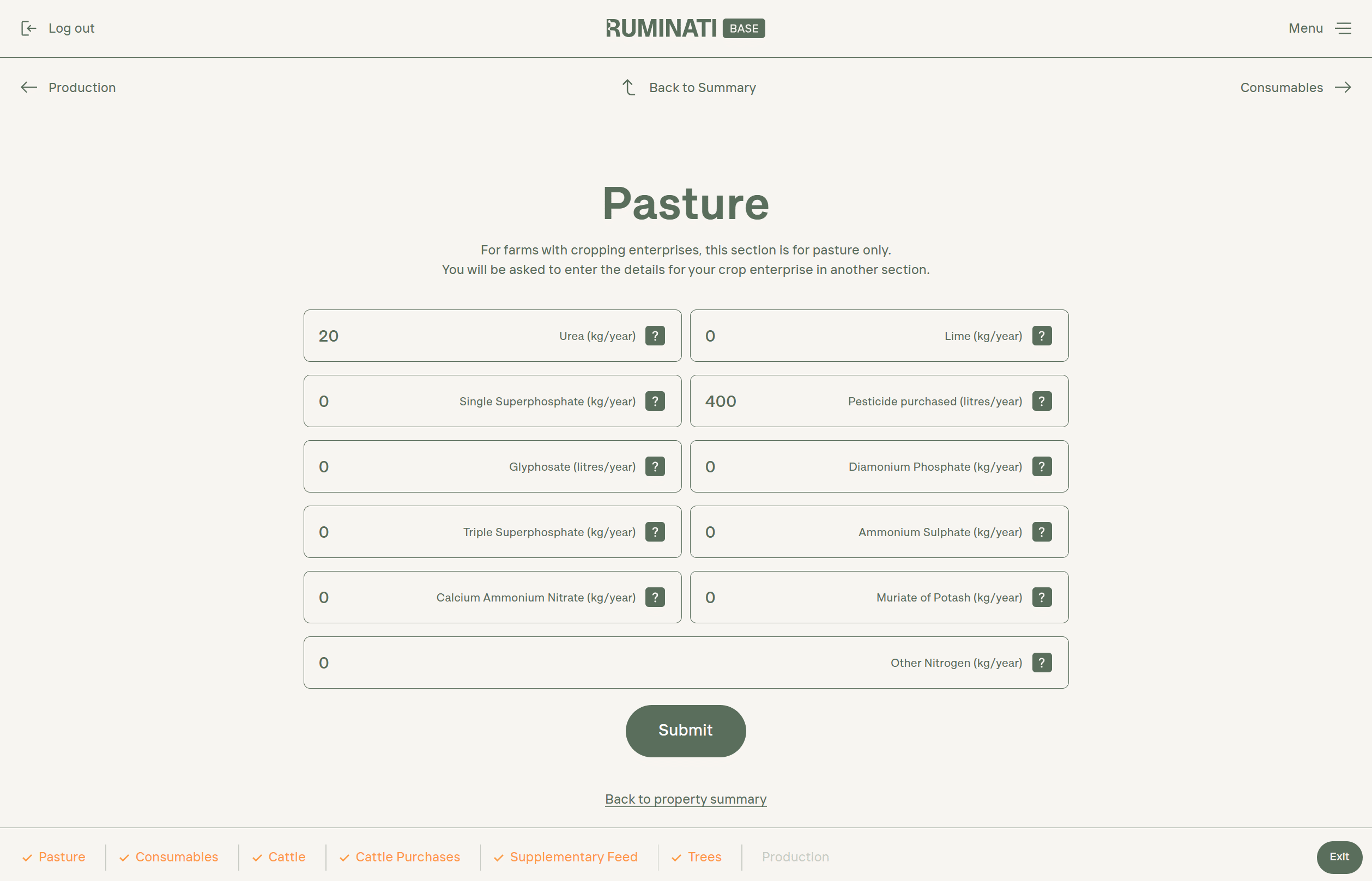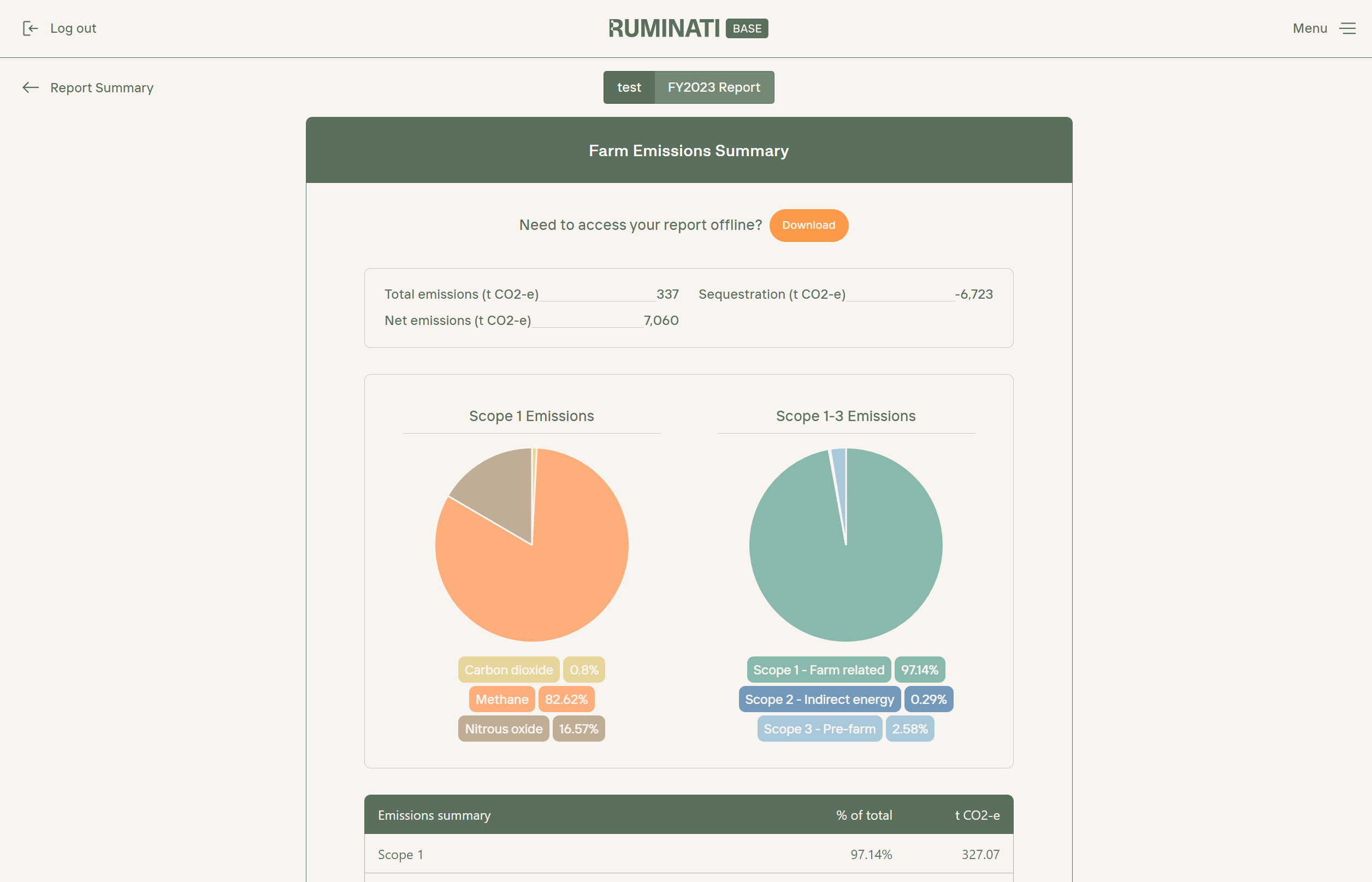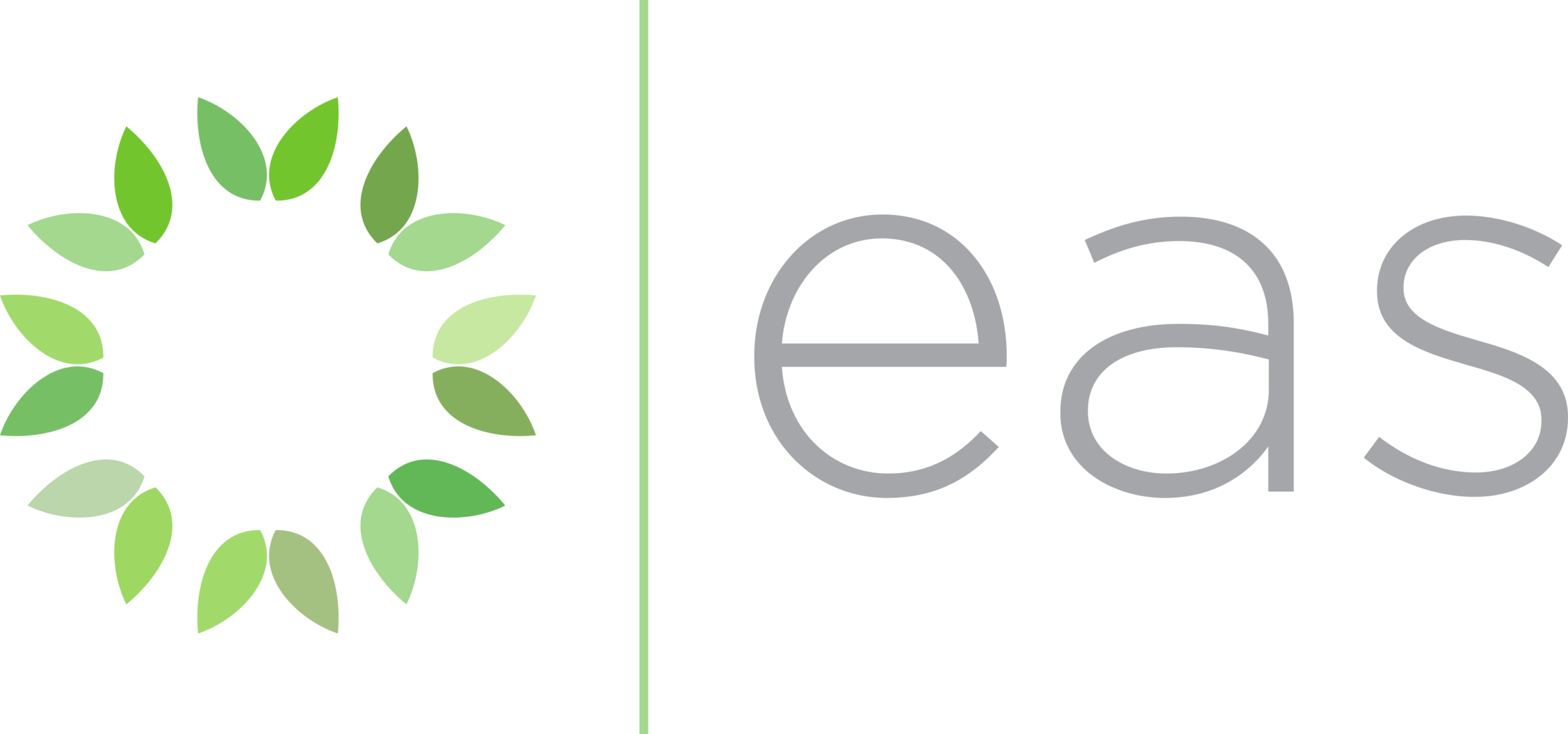Ruminati, an innovative online agricultural emissions calculator, has significantly transformed the way Australian farmers track and validate on-farm climate action. Designed by farmers for farmers, its success in Australia showcased the tool’s effectiveness in engaging farmers in proactive environmental management.
The challenge
The ambition to extend the platform to New Zealand presented a unique challenge. New Zealand’s greenhouse gas (GHG) accounting standards and agricultural practices differ significantly from those in Australia. This necessitated an adaptation of Ruminati’s calculator to ensure its applicability and effectiveness within New Zealand’s distinct agricultural framework, coupled to secure third-party verification to bolster its credibility and reliability.
By focusing on the core issue—adapting Ruminati’s tool to meet New Zealand’s specific GHG accounting standards—Environmental Accounting Services (EAS) played a pivotal role in this expansion. This case study explores the nuanced approach required to tailor environmental tools across different regulatory environments.

EAS’s strategic approach
EAS undertook a detailed and thorough process to align Ruminati’s framework with New Zealand’s GHG accounting standards. Our approach involved:
Comprehensive analysis: We conducted an in-depth review of Ruminati’s existing calculation framework, investigating the equations and emission factors used and their sources.
Benchmarking against New Zealand standards: Our team compared Ruminati’s framework with New Zealand’s GHG Inventory and the Ministry for the Environment’s methodologies.
Documentation and alignment: We identified areas of alignment and divergence between Australian and New Zealand frameworks, providing detailed guidance for necessary adaptations.

Results and future direction
Ruminati’s collaboration with EAS underscores our dedication to advancing accurate emissions measurement and effective emission reduction strategies across the globe. By tailoring solutions to meet regional standards, EAS is at the forefront of promoting low-emission agricultural practices worldwide.
Our work with Ruminati extends beyond simple measurement; it equips farmers with a dynamic tool that not only quantifies greenhouse gas emissions but also models various reduction strategies. This dual functionality enables farmers to make informed decisions on how to effectively reduce emissions, aligning closely with EAS’s core values of promoting sustainable and environmentally responsible farming practices. Through such partnerships, EAS is committed to delivering practical, science-based solutions that support the agricultural sector’s transition to a more sustainable and low-carbon future.

